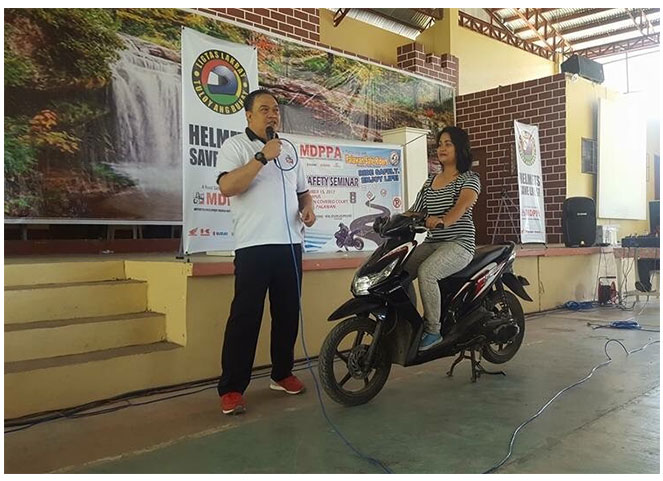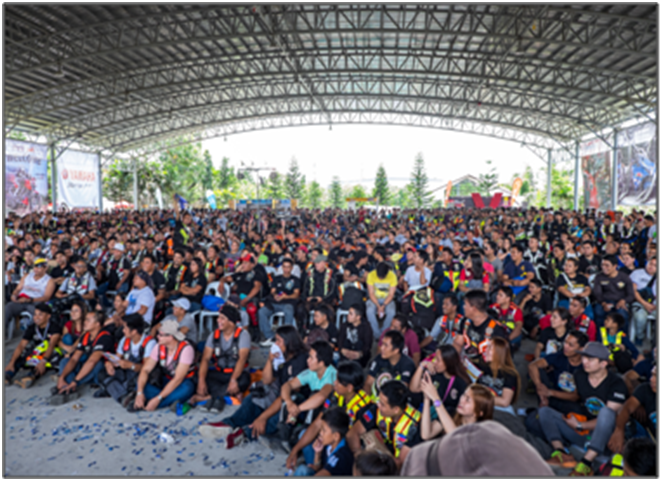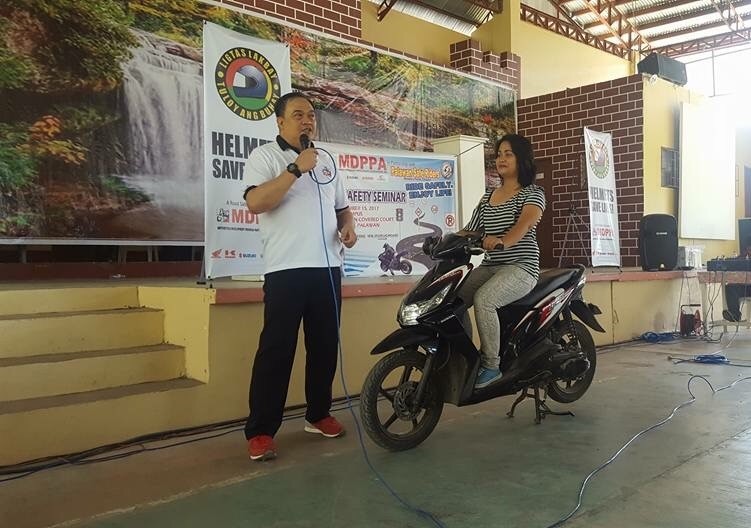While the population of motorcyclists is rising, it is quite unfortunate that motorcycles are sometimes viewed negatively by the general public. It also does not help that television news programs often show motorcycles in a bad light. There are very few reports, if any at all, on how motorcycles play an important role in a growing economy. Instead, most news reports suggest that they are dangerous and accident prone, reporting only about those involved in road mishaps.
Actual government statistics on road accidents, however, seem to prove otherwise.
The Metro Manila Accident Reporting and Analysis System (MMARAS) is a program created in 2005 by the Road Safety Unit (RSU) of the Metropolitan Manila Development Authority (MMDA)-Traffic Discipline Office-Traffic Engineering Center (MMDA-TDO-TEC) in cooperation and assistance of the Police Traffic Investigation Department of the Philippine National Police (PNP). Its function is to maintain a database of reported road accidents in Metro Manila. In the MMARAS 2017 report, the number of motorcycles involved in a road crash is 24,058 while the number of cars is 110,653. This excludes Public Utility Jeeps, taxis, vans, trucks and buses. When combined, all non-motorcycle vehicles that are involved in road accidents amount to 175,206.
It would seem that the wrong notion about motorcycles, which was brought about by sensationalism, could not be farther from the truth.
This is not to pit two wheels against four wheels, as safety depends on the road user and not on the type of vehicle. Instead, this is to recognize that a motorcycle, like any other road vehicle, is a safe and convenient mode of transportation when used properly. We also need to understand that it has evolved from a toy to a tool. Most motorcycle riders are not the adrenalin-seeking hooligans depicted in the movies and television shows but are simply commuters trying to get to their workplace on time. With public transportation in its current unreliable state, it is but natural that the masses will rely on motorcycles, being the most affordable mode of personal mobility.
As more and more motorcycles ply our streets, the MDPPA is committed to promote road safety through various intensive training programs held in different parts of the country. This is done in collaboration with local government units, Philippine National Police (PNP), Land Transportation Office (LTO) and local motorcycle clubs. The road side sticker campaign “Helmet Save Lives” also helps in spreading awareness about the importance of wearing motorcycle safety gear, most especially the crash helmet.


MDPPA Road Safety Seminar in Brookes Point Palawan
MDPPA will host the Federation of Asian Motorcycle Industries’ (FAMI) 14th Intellectual Property Symposium and 19th Road Safety Symposium on February 27, 2018 and the bi-annual FAMI Meeting on February 27 – March 2, 2018 in Manila. With the regular sharing, exchanging and discussion of various technical and non-technical policies and information, the FAMI Meeting aids in the continuous development of the motorcycle industry.
